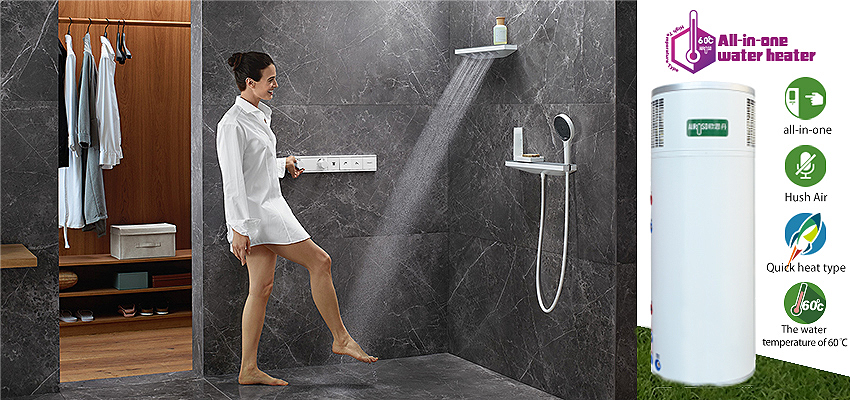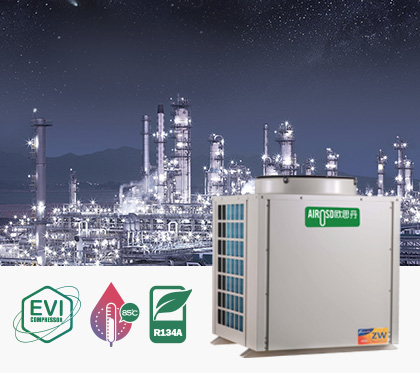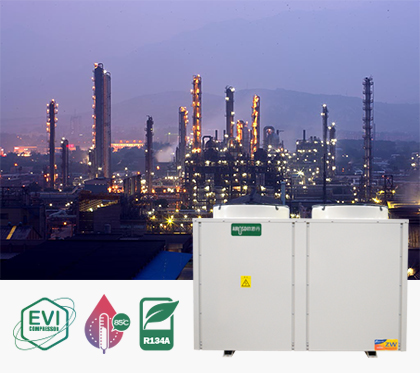As temperatures drop in the winter months, homeowners rely on their heating systems to keep their homes warm and comfortable. One popular heating option is a heat pump, which works by transferring heat from the outside air to the inside of the home. However, many homeowners are unsure of how often their heat pump should run in the winter to efficiently heat their homes while also avoiding unnecessary energy usage and costs. In this post, we'll look at how frequently a heat pump should operate in the winter and offer ideas for increasing its efficiency.
How Often Should a Heat Pump Run in the Winter?
The frequency with that a heat pump should run in the winter depends on several factors, including the temperature outside, the size of the home, and the insulation and sealing of the home. To maintain a pleasant interior temperature, a heat pump should run more often when temperatures are cooler.
To determine how often a heat pump should run, homeowners can use a simple calculation. First, measure the temperature outside and subtract it from the desired indoor temperature. For example, if the ideal inside temperature is 70 degrees Fahrenheit and the outside temperature is 30 degrees Fahrenheit, the difference is 40 degrees Fahrenheit. Then, divide the difference by 20 to estimate how long the heat pump should operate every hour. In this instance, the heat pump should operate for two minutes every hour to keep the inside temperature reasonable.
It is crucial to remember that this figure is only a guideline. Other factors might influence how frequently a heat pump should operate. For example, if the home is poorly insulated or has drafty windows, the heat pump may need to run more frequently to maintain a consistent indoor temperature. Conversely, if the home is well insulated and sealed, the heat pump may need to run less frequently.

Heat Pump Water Heater Manufacturers China
Tips for Maximizing Heat Pump Efficiency
To maximize the efficiency of a heat pump and reduce energy usage and costs, homeowners can take several steps as the following:
Schedule Regular Maintenance
Regular maintenance is essential for keeping a heat pump running efficiently. To ensure the system is working at optimal capacity, homeowners should arrange yearly maintenance with a skilled HVAC specialist.
Use a Programmable Thermostat
A programmable thermostat enables homeowners to set the temperature in their homes to match their routines. By lowering the temperature when no one is home or at night, homeowners can reduce energy usage and costs.
Keep Filters Clean
A blocked or filthy air filter can limit airflow through a heat pump, lowering its efficiency. Homeowners should check and clean or replace the air filter regularly.

Dc Inverter Air Water Heat Pump Factory
Seal and Insulate the Home
Sealing and insulating a home may decrease heat loss and drafts, allowing the heat pump to work less frequently and more efficiently.
Consider Supplemental Heating
In colder climates, a heat pump may not be able to provide sufficient heating on its own. To keep their homes warm and pleasant, homeowners may need to explore additional heating solutions such as a backup electric or gas heater.
Monitor Energy Usage
Homeowners should regularly monitor their energy usage to identify any spikes in consumption that may indicate a problem with the heat pump.
Conclusion
A heat pump is a popular heating option that can provide energy-efficient heating in mild to moderate climates.
AIROSD is a company that wholesale heating and domestic hot water heat pump, if you are interested in it, please don't hesitate to contact us today!



